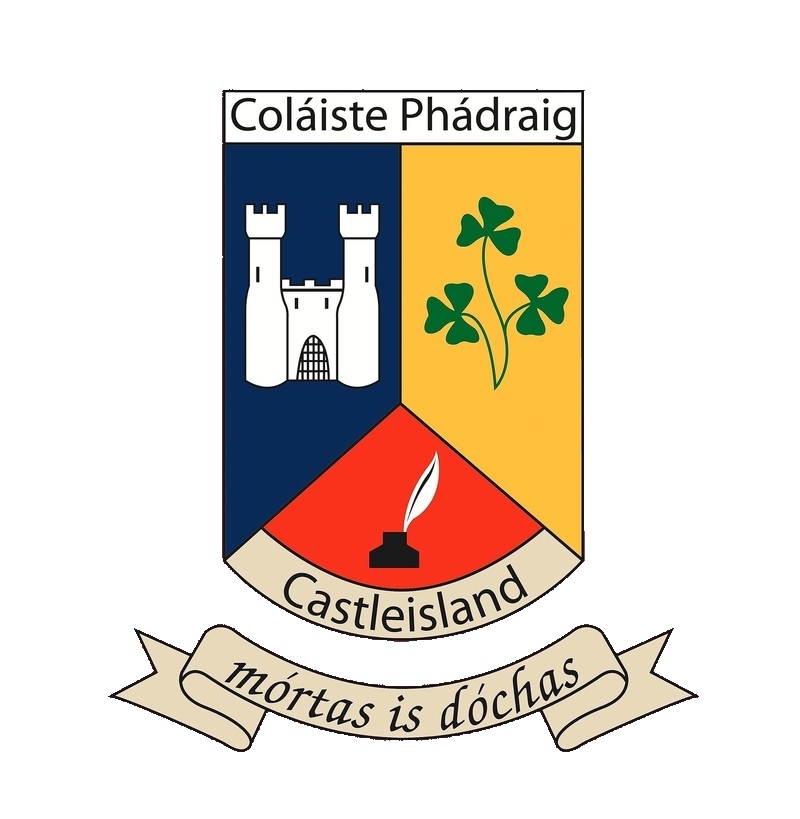Biology
Biology is the study of life. Through the study of biology students employ the processes of science in their investigations and explore the diversity of life and the inter-relationship between organisms and their environment.
Why Study Biology
Biology is a popular subject and is the study of life. It requires a lot of memory work so is a good choice for students with attention to detail and excellent memory work. Many courses require at least one science subject and some even require two (see third level entry requirements). Therefore, it is a good idea to have at least one science subject to keep your options open. Those considering medicine, nursing and related courses will find that this subject will be of huge benefit in their studies.
What kind of student would Biology suit?
Students who enjoyed science for Junior Cert might wish to consider studying biology at Senior Cycle. The course is a continuation of what was studied at Junior Cycle but in more detail. It is particularly suited to students who have scored highly in the Naturalist and Investigative areas in their interest test.
Course Content
The syllabus consists of approximately 70% biological knowledge, understanding and skills; the remaining 30% deals with the technological, political, social and economic aspects of biology.
The syllabus introduced in 2002 has been developed in response to current knowledge and application of biology. Account has been taken of the need to include contemporary biological technologies such as DNA profiling and genetic screening. It aims to create in students an awareness of the application of biological knowledge to modern society and to develop an ability to make informed evaluations about contemporary biological issues. The course covers a wide range of topics, including cell structure and diversity, metabolism, genetics, and human and flowering plant anatomy and physiology. The general principles of ecology are studied, and one particular ecosystem is examined in detail. An ecology field trip is arranged in the 5th Year. Particular emphasis is placed on the practical aspects of biology, and there are a number of mandatory activities that each student must carry out for themselves.
The course is divided into three units:
- Unit 1 The study of life (ecology and food science)
- Unit 2 The Cell (Genetics, photosynthesis, respiration and enzymes)
- Unit 3 The organism (a study of body systems, plant biology and microbiology)
There are 22 mandatory practical activities. Three of these are examined each year, two of which have to be answered. A laboratory record of these activities has to be kept and available for inspection by The Department of Education. An ecology portfolio must also be completed. As of yet, no marks are awarded for the laboratory notebook or the portfolio. There is a strong emphasis on social and applied aspects e.g. when studying the breathing system, a breathing disorder is studied.
Biology is often perceived as an easier subject than physics or chemistry but this is not so. There are high failure rates at Ordinary level.
Career Links
In terms of careers, the subject is ideally suited to anybody contemplating Medicine, Veterinary, Physiotherapy, Dentistry and Nursing. It is also very suitable for Agriculture, Applied Biology Biochemistry, Biotechnology, Botany, Environmental Science, Food Science, Genetics, Forensics, Marine Science, Microbiology and Zoology.
For more detailed information on the Leaving Certificate Biology syllabus click the link below.

